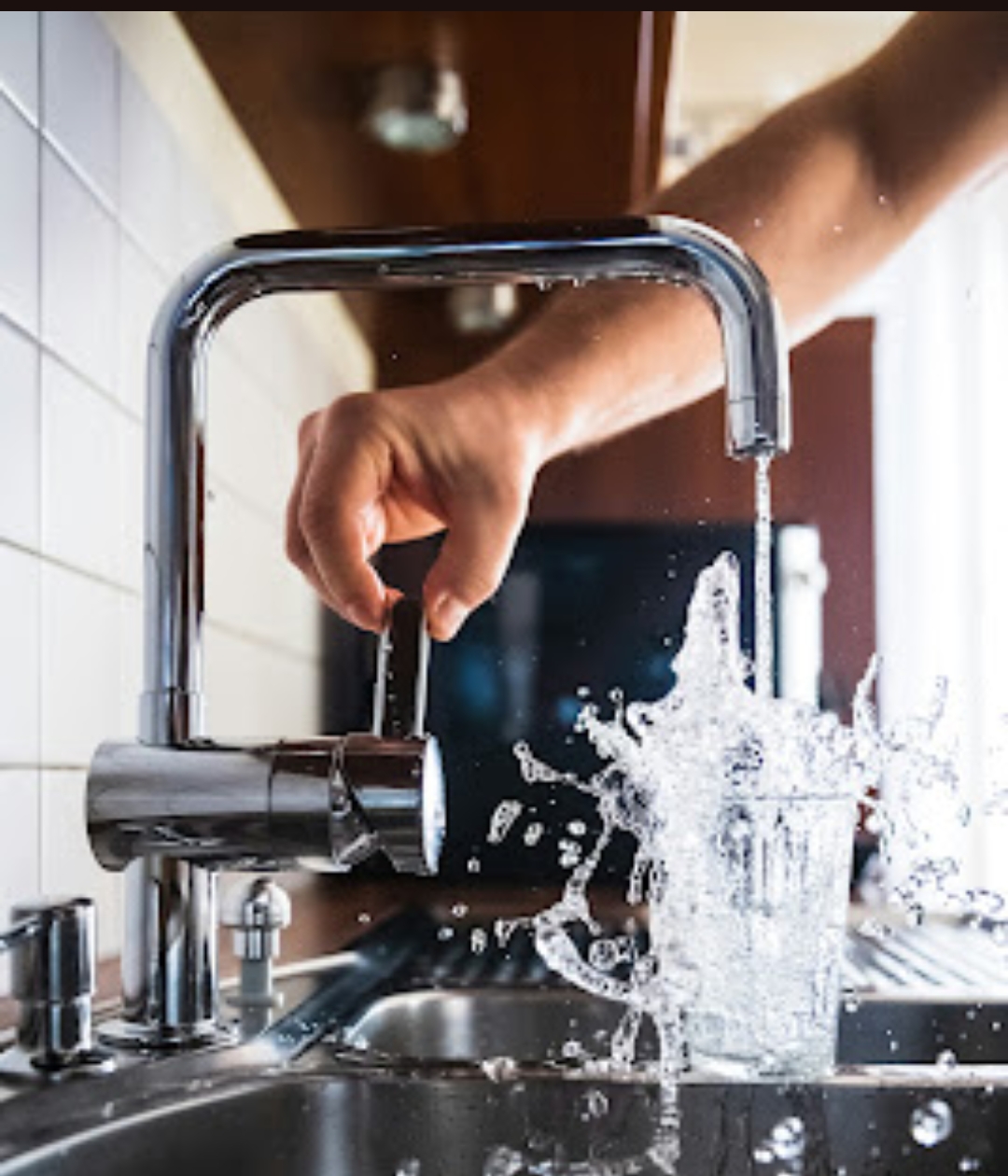Introduction:
Plumbing issues are among the most frustrating problems homeowners encounter. From minor annoyances like leaky faucets to major disasters like burst pipes, plumbing problems can disrupt daily life and cause costly damage if not addressed promptly. However, many of these issues can be prevented with proper maintenance and awareness. In this blog, we’ll discuss some of the most common plumbing problems and provide tips on how to prevent them.
Common Plumbing Problems:
1. Leaky Faucets:
Leaky faucets not only waste water but can also lead to higher water bills and potential water damage if left untreated. The constant dripping can also be a nuisance. Leaks often occur due to worn-out washers or O-rings in the faucet mechanism.
2. Clogged Drains:
Clogged drains are a common issue in households, especially in kitchens and bathrooms. They can result from a buildup of hair, grease, food particles, or other debris. Over time, this buildup restricts water flow and can lead to slow drainage or complete blockages.
3. Running Toilets:
A running toilet is not just annoying; it can also waste a significant amount of water. The problem is usually caused by a faulty flapper valve or a defective fill valve. Ignoring a running toilet can lead to a substantial increase in water bills and potential damage to the toilet’s internal components.
4. Low Water Pressure:
Low water pressure can make simple tasks like showering or washing dishes frustrating. It can be caused by various factors, including mineral deposits in the pipes, a malfunctioning pressure regulator, or leaks in the plumbing system.
5. Burst Pipes:
Burst pipes are one of the most serious plumbing emergencies homeowners can face. They can result from freezing temperatures, corroded pipes, or excessive water pressure. A burst pipe can cause extensive water damage to your home and belongings if not addressed immediately.
Prevention Tips:
1. Regular Inspections:
Schedule regular inspections with a professional plumber to catch potential issues before they escalate into major problems. A trained plumber can identify and address minor leaks, clogs, or other issues before they cause significant damage.
2. Proper Garbage Disposal Usage:
Be mindful of what you put down your garbage disposal to prevent clogs and damage to the plumbing system. Avoid disposing of grease, fibrous foods, coffee grounds, and other items that can cause blockages.
3. Drain Maintenance:
Regularly clean your drains using natural remedies like baking soda and vinegar or commercial drain cleaners to prevent clogs. Consider installing drain screens to catch hair, food particles, and other debris before they enter the pipes.
4. Temperature Control:
During the winter months, take steps to prevent frozen pipes by insulating exposed pipes and allowing faucets to drip during freezing temperatures. Proper insulation can also help regulate water temperature and prevent burst pipes.
5. Proper Insulation:
Insulate your pipes, especially those located in unheated areas like basements, crawl spaces, and attics, to protect them from freezing temperatures. Proper insulation can also help conserve energy and reduce the risk of burst pipes.
Conclusion:
By being proactive and implementing preventive measures, you can avoid many common plumbing problems and the headaches they bring. However, if you do encounter a plumbing emergency, don’t hesitate to contact Emergency Plumbers for prompt assistance. Remember, addressing plumbing issues promptly can save you time, money, and stress in the long run.





